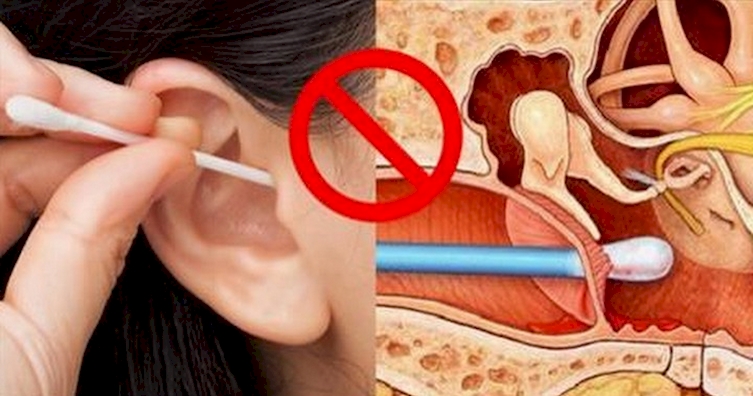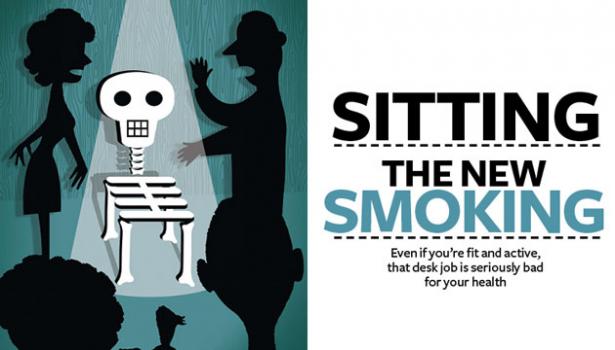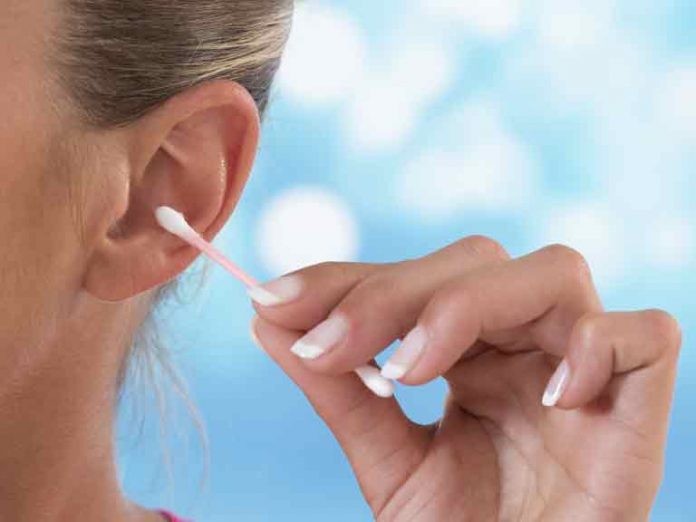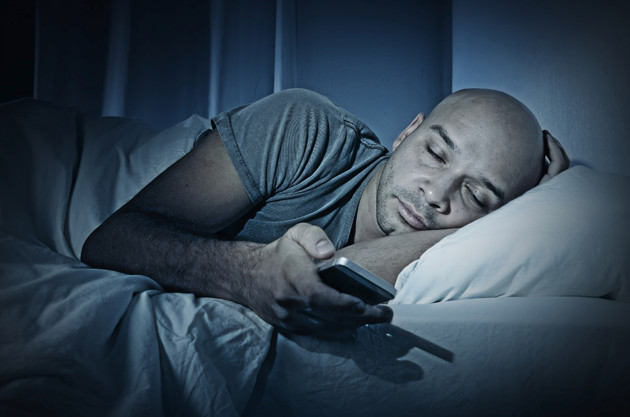Using Cotton Buds to Clean Your Ears

Some 36 per cent of adults use cotton buds to clean their ears, and most of them know it's potentially dangerous to do so. Every year, around 7,000 people in England go to A&E with injuries caused from placing cotton buds in their ears. While getting one stuck inside the ear - the most common problem - is rarely serious, regular use can lead to skin irritation, infection and permanent hearing loss.
"In most circumstances, wax is actually beneficial to the ear," says Simon Baer, consultant ear, nose and throat surgeon at Conquest Hospital, Hastings. "It causes foreign objects to adhere to it, preventing them from going further into the ear, and the wax has anti-bacterial properties. Removing it is like taking the wax off the surface of polished wooden furniture. It makes the delicate underlying skin of the ear more susceptible to infection."
Lose the habit
Clean the outer part of the ear with a wet flannel but don’t insert anything in the ear canal. If you suspect you’ve got wax build-up there, see your GP who can remove it safely for you. You can also help soften up the wax inside by using a few drops of wax-softening lotion (Dual Action Ear Wax Remover from Boots for example).
Too Much Sitting
 Sitting is the new smoking. It is killing us by the masses and we don’t seem to know any better. Fact is, that people with sitting jobs have twice the rate of cardiovascular disease as people who work standing up.
Sitting is the new smoking. It is killing us by the masses and we don’t seem to know any better. Fact is, that people with sitting jobs have twice the rate of cardiovascular disease as people who work standing up.
- As soon as you sit:
Electrical activity in the leg muscles shuts off
Calorie burning drops to 1cal per minute
Enzymes that help break down fat drop 90% - After 2 Hours of sitting:
Good cholesterol drops 20% - After 24 Hours:
Insulin effectiveness drops 24% and risk of diabetes rises.
Researchers are taking a closer look at how we position ourselves day to day and are repeatedly citing that standing and moving is a much more safe, efficient way to spend our time as opposed to sitting.
Lose the habit
If you’re working from home, set a timer for 30 minutes and then get your heart racing for five minutes, by doing star jumps for example or jogging on the spot. Even some simple spinal twists or yoga moves like a downward dog or sun salutations will help increase your heart rate and work your joints and muscles. Or better still, get yourself a standing work station – these can be used with a stationary bike or even a treadmill.
Says Lisa-Jane, of Wildcat Fitness. If you have stairs at work then use them instead of the lift.
Not Getting Enough Sleep

We all know that getting a good night’s sleep is important, but too few of us actually make those eight or so hours between the sheets a priority. Too little sleep resulting from a lifestyle choice as oppose to insomnia, is burning the candle at both ends. To further complicate matters, stimulants like coffee and energy drinks, alarm clocks, and external lights—including those from electronic devices—can interfer with our "circadian rhythm" or natural sleep/wake cycle. Sleep requirements vary across ages and are especially impacted by lifestyle and health. Sleep deprevation whether caused by long working hours or an extended 48 hour weekend party, the damage is the same. During sleep your body repairs cell damage, fights against bacteria and viruses that you may harbouring. So if you miss out on those vital hours, your body simply becomes less able to fight off disease. Long term it can make you more suceptable to illnesses such as heart disease, high blood pressure (Hypertension), stroke and diabetes.
Lose the habit
The National Sleep Foundation Recommends between 7 - 9 hours sleep for the average adult. As we are not talking about insomnia here simply make an effort on a regular basis to get the recommended hours of sleep.
Do remember when you drink more than usual, you may have to get up in the night to go to the toilet. And it's not just the liquid you've drunk that you'll be getting rid of. Alcohol is a diuretic, which means it encourages the body to lose extra fluid though sweat too, making you dehydrated.
Drinking can also make you snore loudly. It relaxes the muscles in your body, which means the tissue in your throat, mouth and nose can stop air flowing smoothly, and is more likely to vibrate. So, all in all alcohol can equal a fitful night's sleep.
Too Much Time Spent on Your Smartphone

How many of us have become SMOMBIES? Walking down the street glued to the handy bumping into others as you go, too occupied to watch where you're walking. We have become so obsessed with technology that according to Ofcom, 15 million people in the UK have undertaken some sort of digital detox. Statistics say that the average person checks their phone every 6.5mins which means we are checking our phones more than 1.000 times per week. Martin Talks of Digital Detox sums it up.
Lose the habit
The key is moderation. Be bold and switch off at certain times of the day and take a deliberate break. Switch off at the dinner table or when surrounded by friends. If your habit is so bad you may even consider a detox adventure. Here are some tips:
Stop apologising for being unavailable
When people ring back after getting my missed call, they often start apologising. Remember it’s okay to not respond to people the very moment they message you.
So whether it’s just taking a planned break evenings, or trying to reduce your mobile usage overall, try setting the phone down and have a real conversation face to face instead.
Binge Eating

Binge eating is when you are unable to prevent yourself from eating large amounts of food even though you are not hungry. This affects about 12 million people in the UK. While some binge eaters are overweight or obese, others are of normal weight. There are numerous reasons people start this habit.
One of the most common reasons for binge eating is an attempt to manage unpleasant emotions such as stress, depression, loneliness, fear and anxiety. All of us overeat from time to time. But if you regularly overeat while feeling out of control and powerless to stop, you may be suffering from binge eating disorder.
Lose the habit
A self-help programme is often the first step towards breaking this habit in the early stages. It may involve:
- Keeping a food diary
- Having regular planned meals
- Eating healthy snacks between meals
- Not depriving yourself of specific foods
- A balanced calorie-controlled diet
A certain amount of willpower is involved here. If it is more serious there are many organisations such as Eating Disorder Support who can help.

















